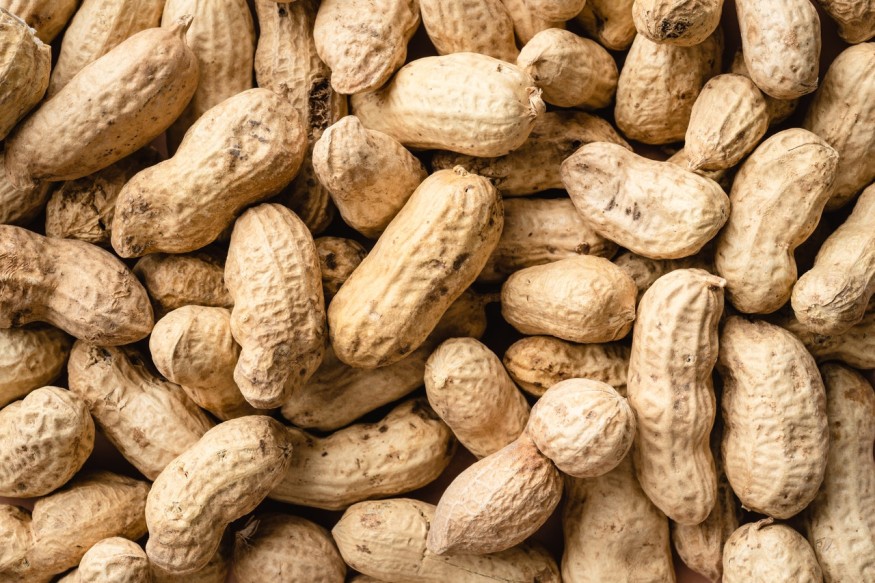A recent study suggests new treatments to fight peanut allergy in children. Murdoch Children's Research Institute (MCRI) led the new research on peanut allergy solutions along with collaborating institutes. Based on the paper, the authors found that the treatments are highly effective in pushing the remission and desensitization in children's systems against the food.
Peanut Allergy vs Probiotic and Oral Immunotherapy

The researchers found that to boost the system regulating against the allergy, probiotic and oral immunotherapy or oral immunotherapy alone must be administered to the patients. The two solutions induced remission and half of the children with peanut allergy achieved it, allowing them to stop treatment and safely eat peanuts.
Both treatments also deliver better results in improving the quality of life of the children compared to standard care.
The study included a randomized trial, with the data extracted from Melbourne's The Royal Children's Hospital, Adelaide's Women's and Children's Hospital, and the Perth Children's Hospital. In total, there were 201 children aged 1 to 10 years old. The trials spanned four years, with participants followed up to 12-month post-treatment.
After 18 months of treatments, 46% of those who received the combination of probiotic and oral immunotherapy; and 51% of those administered with oral immunotherapy alone were in clinical remission. Meanwhile, only five percent in the placebo group were in clinical remission.
Children who had clinical remission over the peanut allergy were able to stop the treatments and eat regular servings of peanut without any intense allergic reactions. Both treatments also led to significant improvement in the subjects' quality of life. Those who achieved clinical remission experienced the best recovery compared to those who only achieved desensitization.
ALSO READ: People Who Drink Red Wine May Have Lower Risk of COVID-19 Infection
Peanut Allergy Remission in Children
MCRI expert and author of the study Mimi Tang said in a MedicalXpress report that the high dose of peanut immunotherapy administered throughout the examination was indeed beneficial to solve the allergic cases in children.
Tang added that although a probiotic addition did not meet the expected efficacy of oral immunotherapy, it enhanced the treatments' tolerability. Reduction of gastrointestinal symptoms was evident in the participants, especially in children aged 1 to 5 years old.
MCRI expert and co-author Paxton Loke said that 99 percent of the participants in remission ate peanuts as frequently as they liked in the 12 months after they stopped the treatment.
Peanut allergies are among the most common causes of severe allergic reactions. It can also be fatal because it's one of the most frequent cause of death from food allergy. About three percent of infants have peanut allergies.
The study concluded that the new treatments could be a solution against the allergen avoidance that usually results in reduced quality of life and psychological distress. Tang added that early administration of the treatments seems to increase the possibility of achieving remission.
The findings were published in The Lancet Child & Adolescent Health, titled "Probiotic peanut oral immunotherapy versus oral immunotherapy and placebo in children with peanut allergy in Australia (PPOIT-003): a multicentre, randomised, phase 2b trial."
RELATED ARTICLE : Moderate Coffee Consumption Have Benefits on Digestive System
Check out more news and information on Food in Science Times.
© 2026 ScienceTimes.com All rights reserved. Do not reproduce without permission. The window to the world of Science Times.










